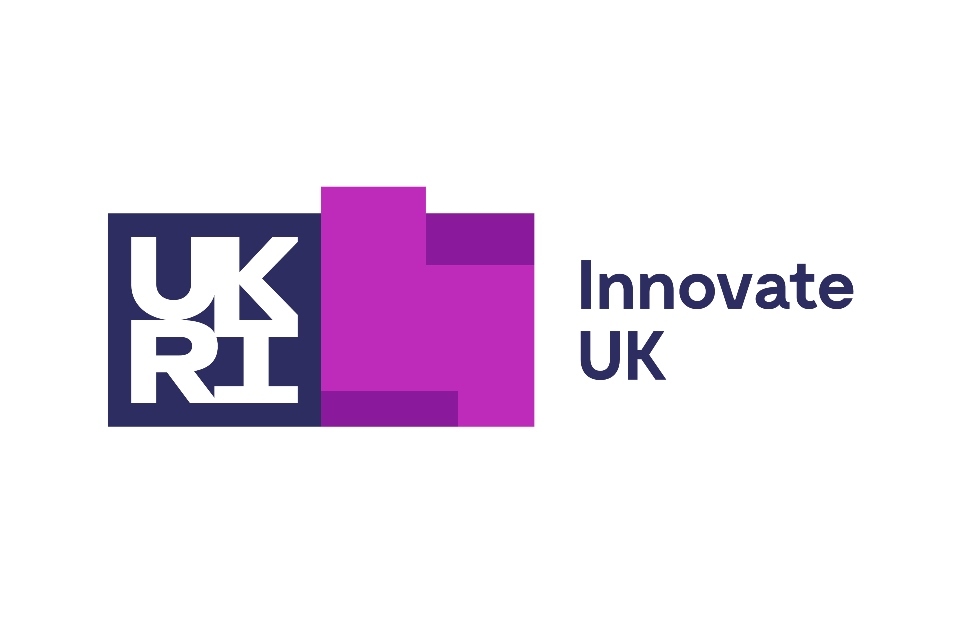
LONDON, UK: Recyclus Group Ltd, in collaboration with the University of Birmingham (UoB), has been awarded funding of £1.96 million from the UK Government’s Innovate UK, to create a mobile battery recycling system capable of safely handling any type of lithium-ion (Li-ion) battery.
Recyclus will lead the project and design and build a compact prototype Universal Battery Recycling System (“UBRS”), a mobile recycling truck that handles a complete range of Li-ion battery modules from all areas of industry.
The main unit will be designed to accept batteries on an individual or batch-load basis and will implement a new industry standard that can benefit the UK and global recycling sectors. The Advanced Materials & Processing Laboratory (“AMPLab”) at the UoB will support the project providing leading edge 3D printing techniques, incorporating additive manufacturing for the required cutting tools.
The innovative recycling trucks will be based on Recyclus’ existing technology for industrial-scale Li-ion battery recycling, capable of safely dealing with the 5+ types of Li-ion battery chemistry, in any combination. Recyclus plans to operate the recycling trucks with three size options ranging from 7.5 to 16 tonnes which will be capable of processing between 500 and 2,000 kilogrammes per hour of Li-ion batteries.
The aim is to develop a consistent battery recycling channel which creates safe and environmentally friendly recycling of Li-ion batteries across the UK. The whole system will be completely sealed, emission free, with a gated infeed chamber and a series of sealed outfeed chutes which feeds separated materials into collection containers. The system will reduce Li-ion batteries to five recyclable products:
- Black mass, which contains lithium, manganese, cobalt and nickel
- Electrolyte
- Ferrous (steel)
- Non-ferrous (aluminium & copper)
- Light mixed fraction (plastic, rubber & paper)
According to analysis from McKinsey & Company, ‘Battery 2030: Resilient, sustainable, and circular’, global demand for Li-ion batteries could grow 30 per cent annually from 700 GWh in 2022 to around 4,700 GWh by 2030.
Kate Jermey, Business Engagement Manager (KTP) at the University of Birmingham, said: “This project will enable Recyclus Group and The University of Birmingham to respond to the current challenges around battery recycling infrastructure, and provide a viable and desperately needed solution to the issue of waste batteries, through the usage of Industry 4.0/ Additive Manufacturing Solutions to speed up systems design and deployment.”
Robin Brundle, Chairman of Technology Minerals, said: “Securing this grant from Innovate UK is a strong endorsement for Recyclus and we look forward to working with the University of Birmingham on this programme which could be the catalyst for future collaboration.
“The rapid development of consumer goods such as vapes, handhelds, e-Bikes and the general transition to electric transport is already causing serious environmental issues. The build-up of end-of-life Li-ion batteries over the coming years will create a battery waste tsunami that we need to prepare for by investing in the capabilities and capacity for large-scale battery recycling.
“The Recyclus mobile unit takes the recycling solution to the problem and will provide a reliable, cost-effective and automated process for safe and environmentally friendly recycling of Li-ion batteries across the UK. This will accelerate the recovery of the critical raw materials essential to the transition to electrification and significantly reduce the use of landfill. This innovative mobile battery recycling system will implement a new industry standard that can benefit not just the UK, but around the world.”
Recyclus Group opens first recycling plant in Tipton
Recyclus Group & Slicker Recycling partner to multiply UK battery recycling